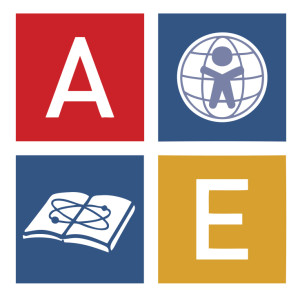German Language Resources
Our Global Partnerships
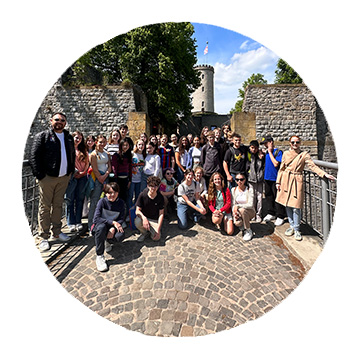
Germany Exchange
Collaborating with schools in Germany, our exchange program immerse students in German language and culture.
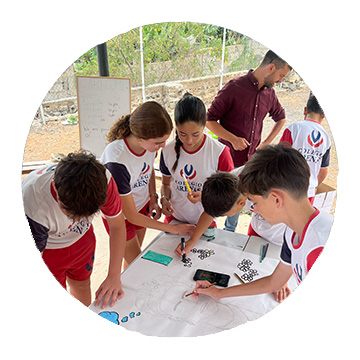
Spanish Exchange
Offering exchanges to the beautiful Canary Islands, with potential future partnerships in Madrid.
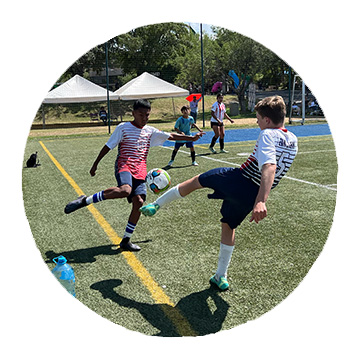
Mexico Exchange
Expanding our reach to Saltillo, Coahuila and Monterrey, Nuevo Leon, broadening cultural horizons for our students.

Korea Exchange
We are exploring future partnerships with schools in Seoul, Korea to offer immersive cultural and language exchange programs.
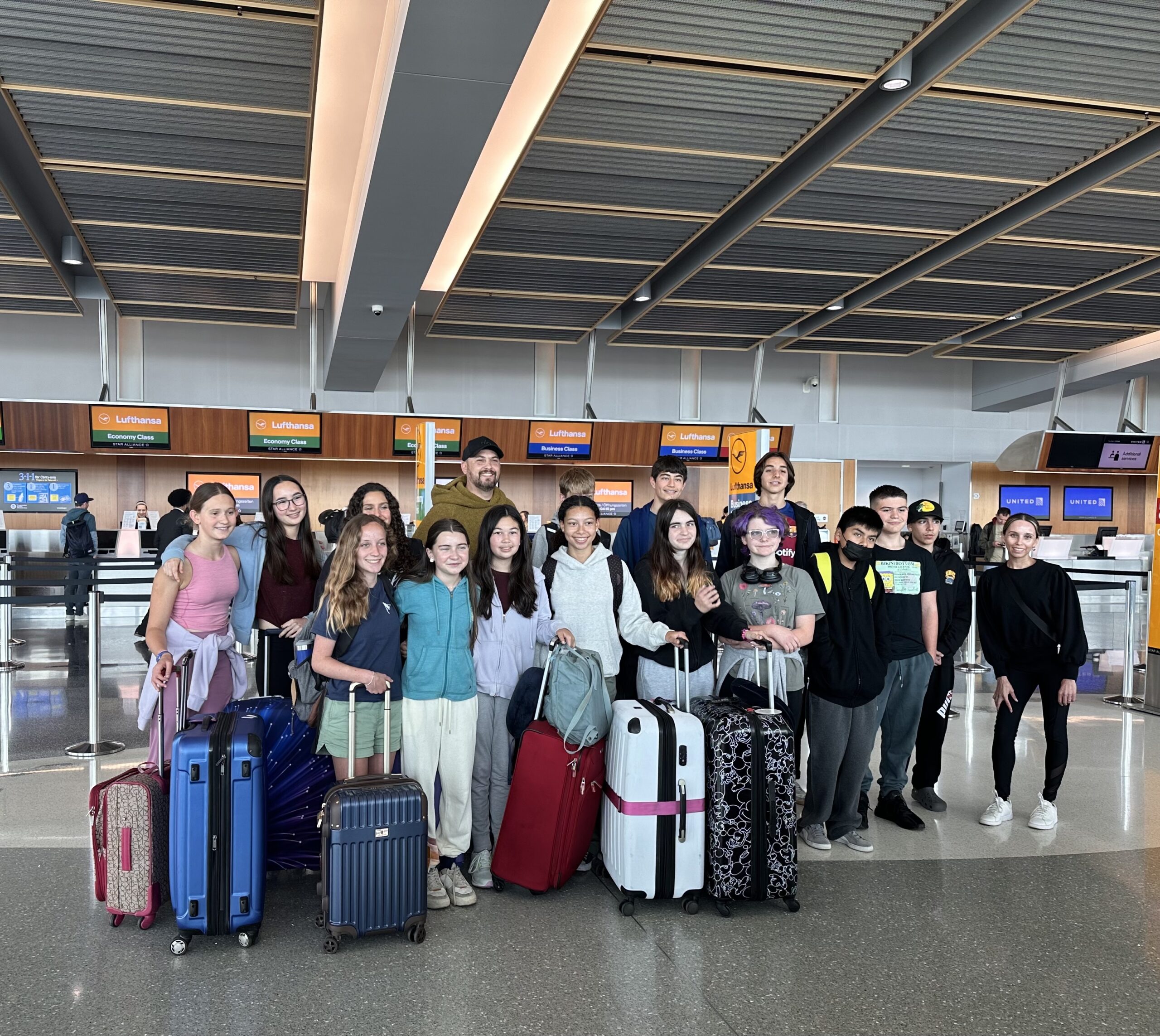
Welcome to Our German Resource Page!
Dear AEA Students, please check out our links PLAY, WATCH, READ and APPS to find activities that will help you with your German language learning. For dictionaries and other language tools please go to REFERENCE.
In addition we added information under ABOUT tab on German celebrations, our K-3 music program, our exchange program, our intern teacher program and German community events which are a great way to learn more about the German culture.
We would love to hear from you. Please send comments, concerns or ideas about this site to kgoldman@aeacs.org.
Embracing the World through Exchange
Explore
Immerse yourself in new cultures, customs, and ways of life.
Connect
Build lasting friendships and professional networks across borders.
Grow
Develop invaluable skills and a global mindset that will benefit you for a lifetime.
Grade Levels
Kindergarten
What is our focus in German language arts this year?
- Listening and Speaking: Students memorize everyday expressions, understand classroom interactions and start using basic German sentences.
- Reading: Students learn the sounds of the German alphabet; consonants and long/short vowels. Students begin to blend sounds to read short words and practice independent reading.
- Writing: Students learn to write the letters of the alphabet in print; upper and lower case; focusing on letter formation (top to bottom, left to right).
What do we like our students to know by the end of this year?
- Student can copy a sentence. Example “Ich mag Schokolade.” using mostly correct letter formation, capitalization and punctuation.
- We test for 23 letter sounds.
- Student can understand overall classroom interactions given in German and follow one-step directions. : e.g. Setz dich hin!, Zeig auf!, Steh auf!, Geh dir die Nase putzen!, Leise sein!, Hilf deinem Freund ! They can comprehend basic German vocabulary: recognize shapes, seasons; name days of the week, family members, body parts and classroom objects.
- They can use basic German vocabulary (e.g count in German from 1-30) and use proper expressions of courtesy, recite familiar songs, and are beginning to formulate simple requests in German using full sentences: e.g. Darf/Kann ich aufstehen…?
How parents can help students at home:
- Practice writing at home with focus on correct letter formation using “Handwriting without Tears” guides.
- Listen to Frau Claudia’s CDs
1st Grade
What is our focus in German language arts this year?
Listening and Speaking:
- students can understand thematic discussion about classroom routines, social interactions at home and in school, and IB units
- students can construct their own meaningful sentences according to given sentence frames
- students can respond to questions about classroom routines, social interactions, IB units
- students can ask questions to illicit other students’ responses
Reading and Writing:
decoding rules
-
- letters
- syllables
- words
- sentences
What do we like our students to know by the end of this year?
- Students have sufficient knowledge so that they feel confident to enter second grade.
- Students know all the sounds (long and short vowels) and are able to use them fluently to read and write.
- Students write simple sentences using sight words and phonetic constructions and use proper handwriting (letter formation).
How parents can help students at home
- Give encouragement and praise for your child’s German attempts and efforts.
- Show your own interest in German language and culture.
- Invite German friends into your home.
- Listen to/read German books, watch German videos.
- Practice poems and songs. Listen to Frau Claudia’s CDs
2nd Grade
What is our focus in German language arts this year?
Language Conventions and Grammar in written and spoken language:
- Conjugate verbs correctly – use of correct conjugated verbs in sentences.
- Differentiate between different kind of words – Wortarten (nouns, verbs, adjectives)
- Awareness of different genders of nouns and their implications (der, die, das, ein, eine, mein, meine, er, sie, es)
Writing:
- Correct capitalization of beginning of sentences and nouns.
- Phonetically correct writing (focus on e, ei, i, z, st, sp).
- Writing about something in sequence: first, then, after….
- Using details in writing.
- Writing descriptions of people or animals.
Reading:
- Focus is on reading comprehension and vocabulary building.
What do we like our students to know by the end of this year?
-
Students can answer simple questions in complete sentences.
-
Students can say and write simple but complete sentences with the verb always in 2nd place (i.e. Heute esse ich Pizza zum Mittagessen. vs Ich esse Pizza zum Mittagessen.)
-
Students can write a small paragraph about a picture or topic.
-
Students add details to their writing.
-
Students can tell about themselves (what they do, what they look like, about their family, etc.)
How parents can help students at home?
-
Practice spelling words – make flashcards and know what the words mean
-
Read weekly story every day and check for understanding with translation link
-
Ask your child to identify nouns (since they need to be capitalized in German)
-
Watch German children’s movies on the internet
-
Read German books (library and www.antolin.de)
-
Show interest in German language and attend German events
-
Host a German intern teacher (if you can )
3rd Grade
What is our focus in German language arts this year?
Language Conventions (Grammar&Spelling):
- Spelling conventions of sounds (ei, ie, h, au, sp, st…)
- Wortarten (nouns, verbs, adjectives, articles, prepositions)
- Verbs in present tense (in writing) and past tense (in oral language only)
- Know correct article of nouns
Writing:
- German cursive (Lateinische Ausgangsschrift):
- Write short texts and letters
- Conventions of a letter
- Identify main idea of stories and character development
Reading:
- Reading (up to German 2nd grade level).
- Speaking and Listening:
- Participating in classroom discussions.
- Listening comprehension for classroom discussions.
What do we like our students to know by the end of this year?
- Students communicate mainly in German in the classroom (Sprachmeister)
- Students are able to write a comprehensive paragraph (correct sentence structure, content).
- Students know how to form and apply present tense correctly.
- Students recognize and past tense.
How parents can help students at home?
- Practice spelling words
- Supervise/encourage reading German books
- Supervise/encourage practicing on anton/duolingo.
- Encourage speaking German at home or with friends.
- Show interest in the German language and culture.
- Provide German materials (books, CDs, DVDs, online resources like radio, movies…)
4th Grade
What is our focus in German language arts this year?
Language Conventions (Grammar and Spelling)
- correct verb conjugation
- correct use of present (Präsens) and past tense (Perfekt)
- distinction between “ie” and “ei”
- capitalization of nouns
- use of adjectives and correct adjective endings
- correct use of prepositions
- auxiliary verbs (müssen, können, sollen, wollen dürfen); word order when using these verbs in a sentence
Writing:
- establish central idea, include supporting facts and details
- edit and revise drafts to improve coherence and progression, assure correct grammar and spelling and provide sufficient details
Listening and Speaking:
- retell, paraphrase and explain what has been read or said
- tell or retell stories by providing a beginning, middle and end including concrete details that develop a central idea
- organize ideas around major points of information
- improve presentation skills: speak clearly and at an appropriate pace
What do we like our students to know by the end of this year?
- emphasize asking and responding in complete sentences using correct structure and grammar
- create multi-paragraph composition (introduction, establish central idea, include facts and details, summarize the point)
- summarize multi-paragraph texts and stories (Buchreport/Buchposter)
- complete reading comprehension quizzes on ANTOLIN without outside help
How parents can help students at home?
- show your personal interest in the language and culture
- attend local German events
- allow your children computer time to research the country and culture
- (some good websites can be found under the Play, Read and Watch links on the top of the web page.
- check out books/DVD’s in the library; get audio books at the book fair!
- check teacher’s website regularly
- listen to German music as a whole family
- have your child teach you everyday words (e.g. around your house)
5th Grade
What is our focus in German language arts this year?
A large focus of 5th grade German language arts is the preparation for the German language diploma exam level A1 or A2 in March/April.
The German Language Diploma exams (Deutsches Sprachdiplom-DSD- for more information please see attachment below) consists of 6 levels (A1-C2). It was created within the European Framework of Languages (europäischer Referenzrahmen für Sprachen) to provide a standardized language proficiency measurement for European languages.
Levels:
A – Elementary language proficiency (Elementare Sprachverwendung A1 und A2)
B – Independent language proficiency (Selbstständige Sprachverwendung B1 und B2)
C – Advanced language proficiency (Kompetente Sprachverwendung C1 und C2)
The diploma test includes reading and listening comprehension, letter writing and an oral presentation.
What do we like our students to know by the end of this year?
Listening comprehension:
-
Students should be able to comprehend stories and conversations in new content areas.
-
Students should achieve a comprehension rate of at least 75% in the German language diploma (A2).
Reading comprehension:
-
Students should comprehend books in reading level 3.
-
Students should achieve a comprehension rate of at least 75% in the German language diploma (A2).
Writing:
-
Students are able to write a friendly letter and answer four questions in present tense and past perfect. Students should achieve at least 3 out of 4 points in each part of the writing rubric (criteria: structure, content, vocabulary, grammar, and spelling/ punctuation)
Oral Communication:
-
Students should be able to make a 5 minute presentation about a topic of their choice. They should be able to answer questions about their daily lives in present tense and past perfect.
How parents can help students at home:
Listening Comprehension:
Establish listening comprehension routines (10 minutes every day). Encourage your child to listen to German CDs, German video clips, etc. (There are some useful links on the teacher websites). Videos can be checked out in the library.
Reading Comprehension:
Establish reading comprehension routines (20 minutes every day) and have your child answer the questions on the online reading program “Antolin” .
Writing:
- Practice the formal parts of a letter with your child. Click here for an example.
- Practice sentence structures in past perfect and present tense
Oral Communication:
Encourage your child to speak only German in class and ask frequently about how often they were a “Sprachmeister” (days were they only spoke German in class). All recommendations of the 3 previous parts also help to strengthen the oral communication.
Middle School
What is our focus in German language arts in middle school?
It is a focus of our middle school German program to deepen language fluency; for that we will look at communication, culture, grammar and writing skills. In addition, we will prepare students for either the DSD B1 exam and/or AATG tests. Registration for the test is based on pre-tests and teacher recommendation as well as the number of years the student has attended AEACS and AEACS MS.
What do we like our students to know by the end of middle school?
We would like to see our students proficient in communication in German whether verbal or written. They should be able to read and understand an article on current events or culture from a serious German newspaper. As a prerequisite the students will acquire a sound foundation in grammar, vocabulary and writing skills through projects, tests and presentations.
How parents can help students at home
We recommend that parents use the internet to watch German TV series with their student, to read age-appropriate children’s magazines and newspapers or even books. All of these are available in our library.
In addition, students can use DuoLingo (a free online interactive language learning software) to improve their speaking and listening skills.
Inspiring Global Citizenship
The purpose of the Albert Einstein Academies Foreign Travel and Exchange Program is to nurture curious, knowledgeable, and compassionate students by exposing them to diverse cultures and languages around the world. Through these transformative experiences, we aim to inspire our students to become thoughtful, open-minded global citizens who connect, respect, and contribute meaningfully to our interconnected world.
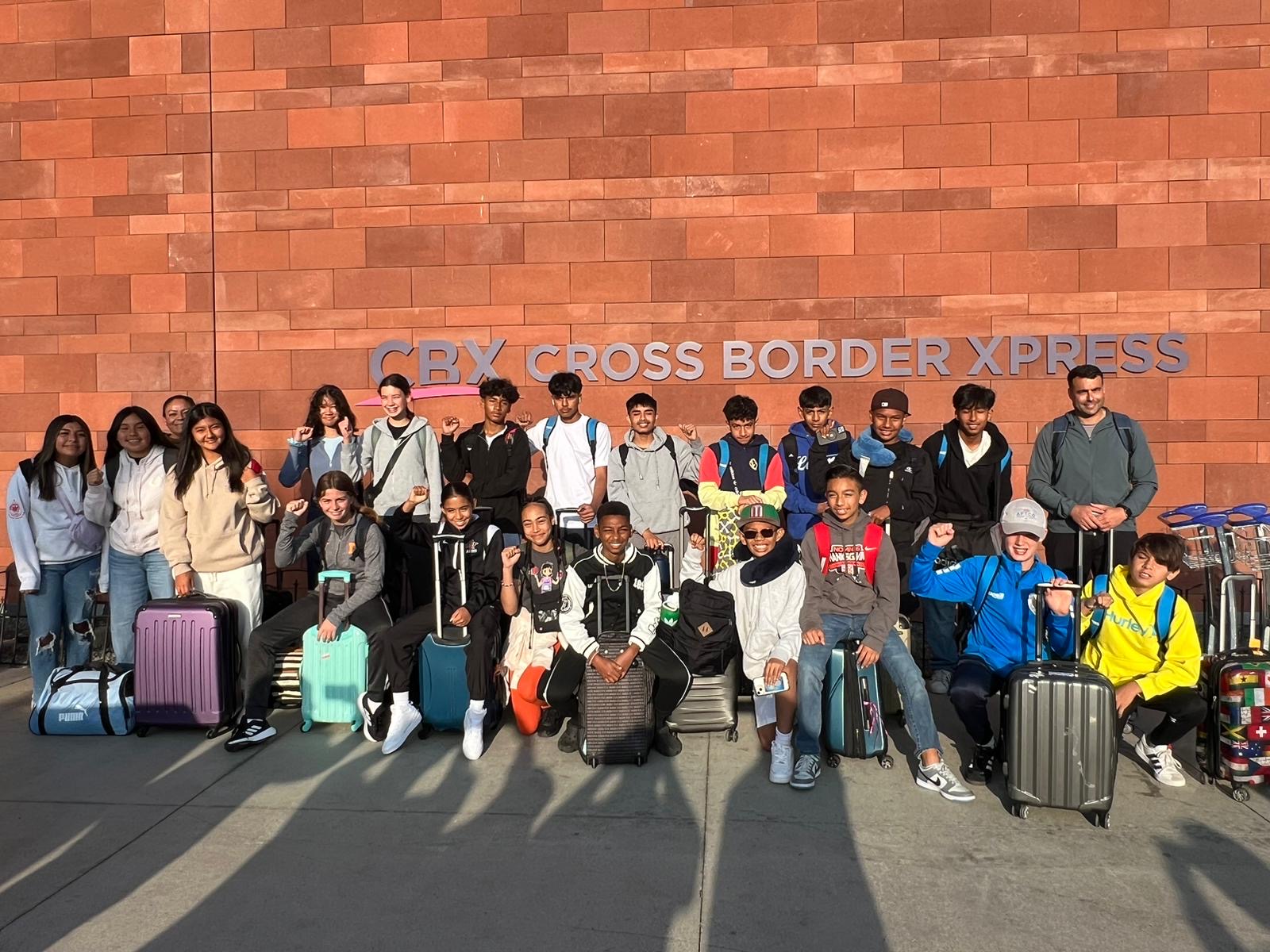
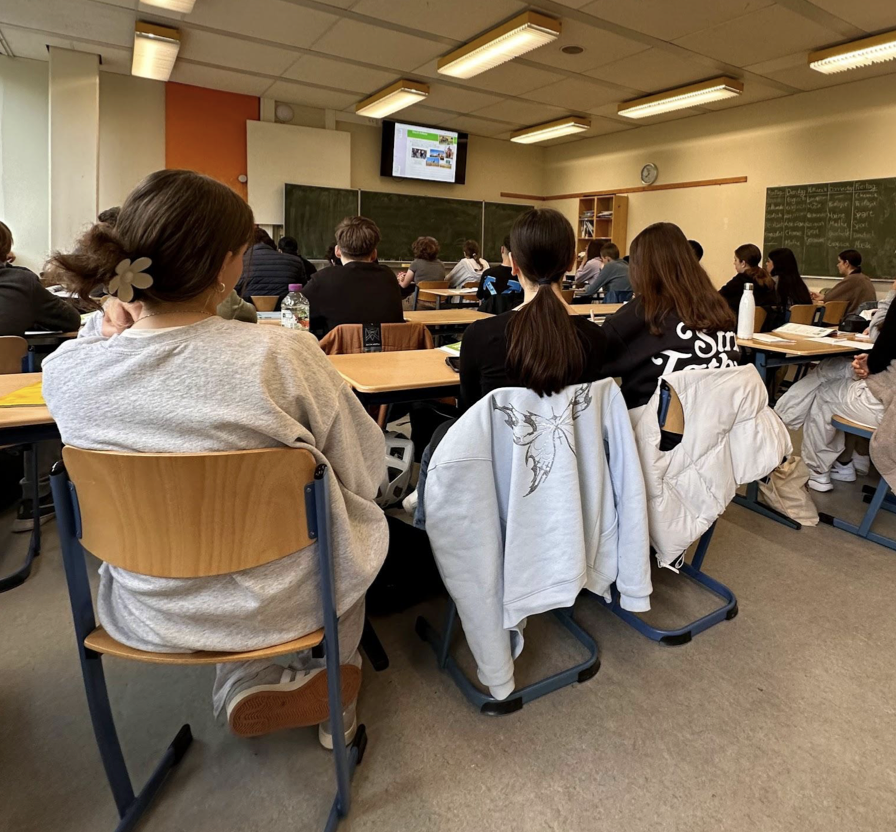
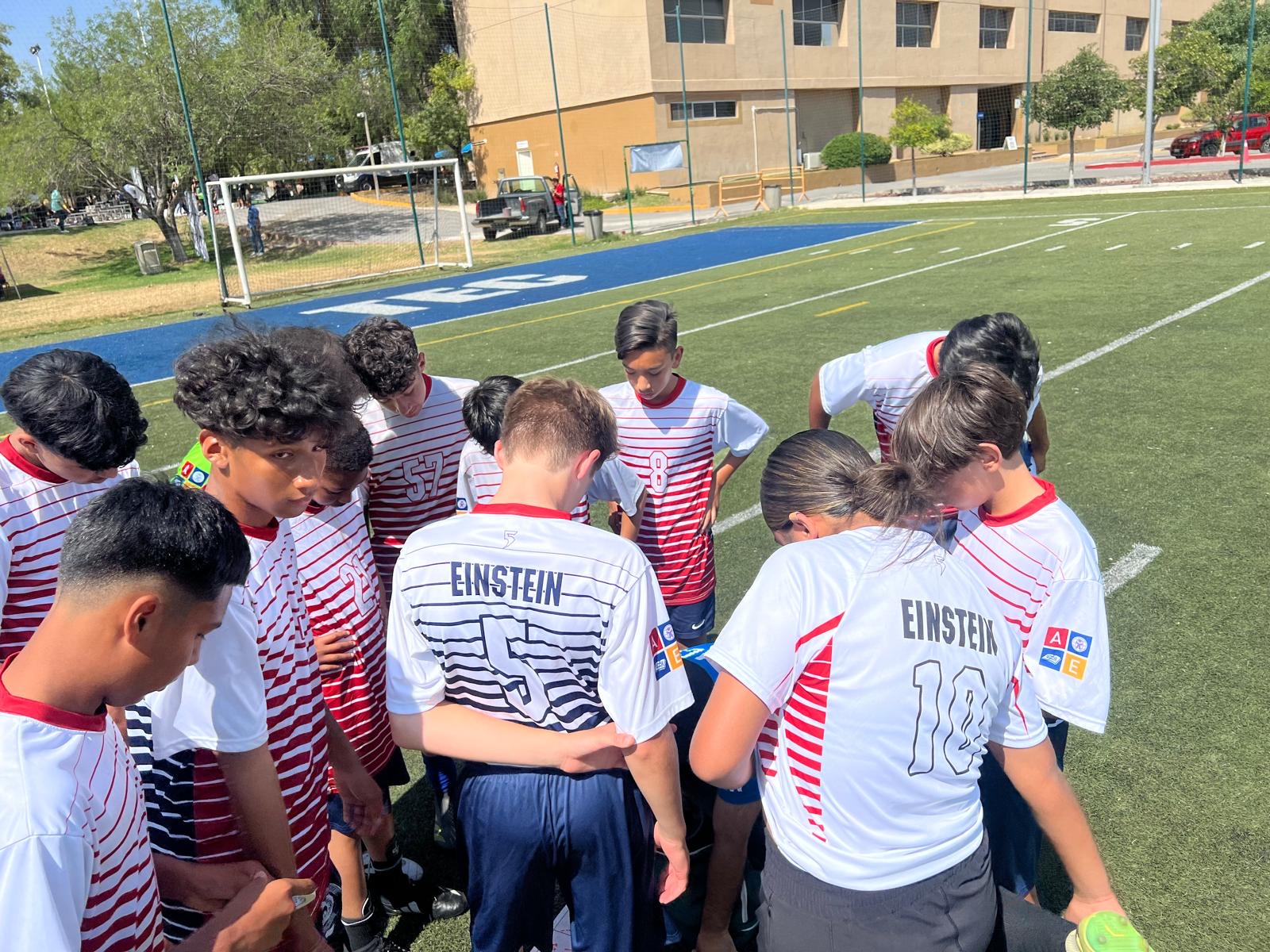
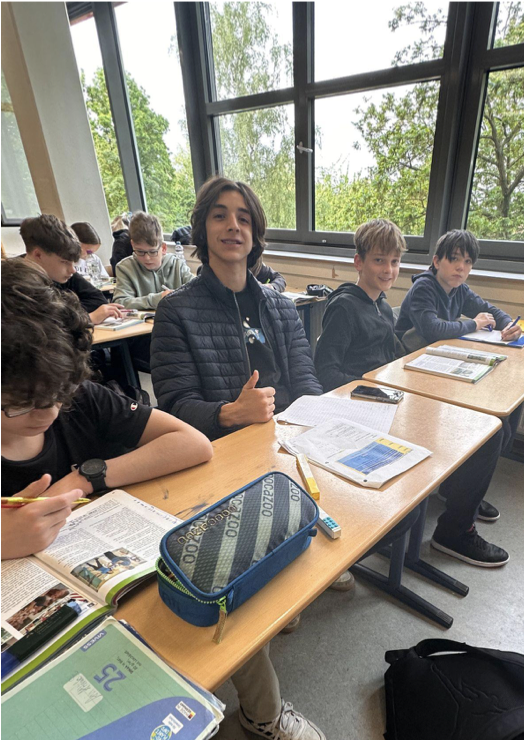
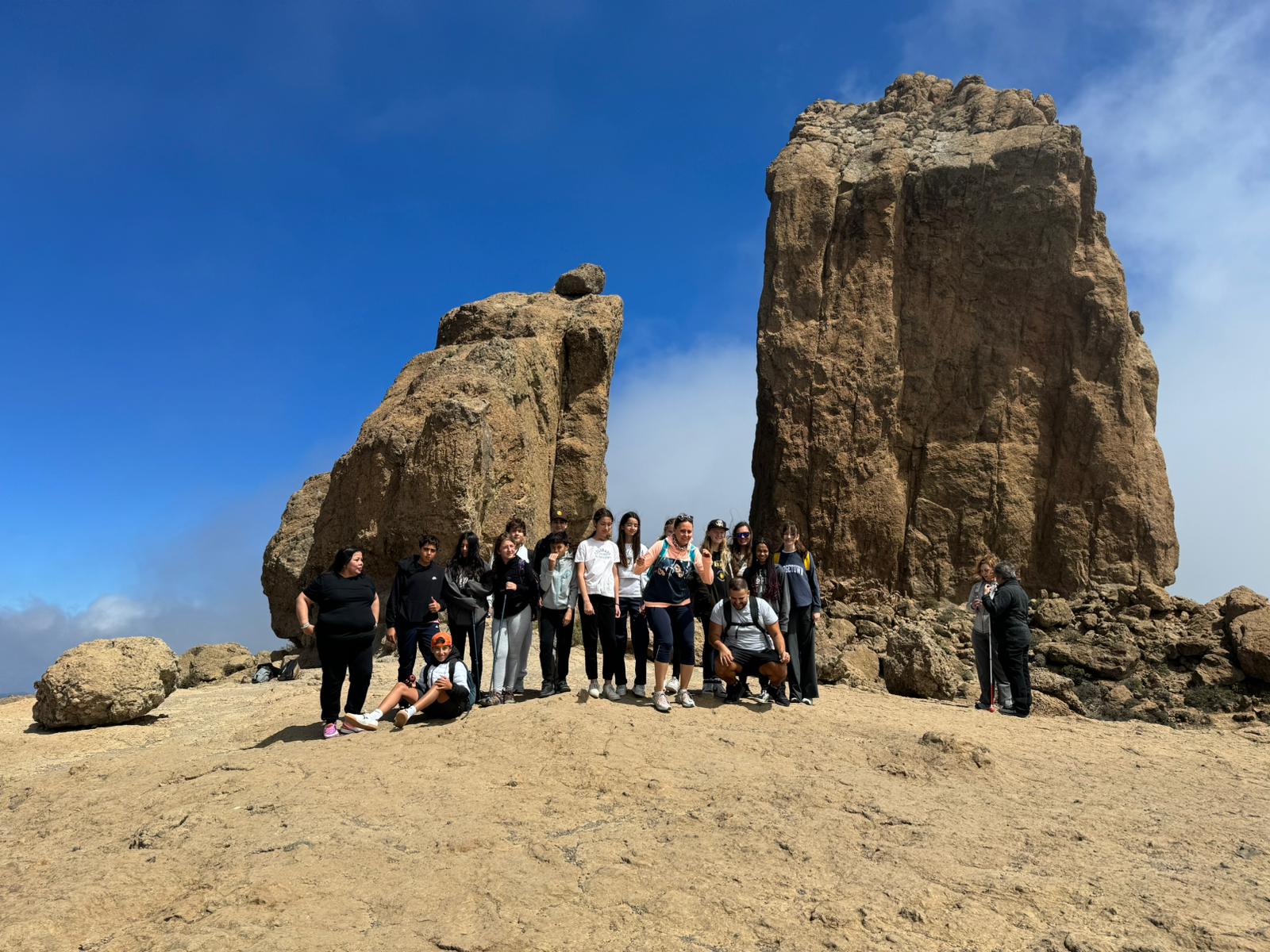

Cultural Immersion & Personal Growth

Discovering New Traditions
Participating in local customs, festivals, and rituals can provide a deeper understanding and appreciation of diverse cultural practices.

Adaptability & Resiliance
Navigating unfamiliar situations and overcoming challenges can cultivate adaptability, problem-solving skills, and personal resilience.
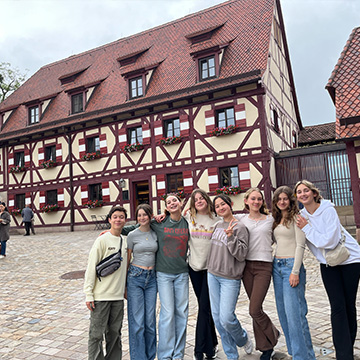
Increased Empathy
Interacting with people from different backgrounds can foster empathy, compassion, and greater respect for diverse perspectives.

Lifelong Friendships
International exchange facilitates the formation of meaningful, cross-cultural relationships that can last a lifetime.

Collaborative Innovation
The exchange of ideas and perspectives can spark new avenues for innovation and problem-solving on a global scale.

A Lasting Legacy
We aim to have established at least one semester-long exchange program on each continent, solidifying and cultivating globally-minded, compassionate young leaders.
Frequently Asked Questions
What countries are currently part of the exchange program?
- Germany
- Spain
- Mexico
Are there plans to expand the program?
Yes, we are looking to grow into Korea.
What are the main priorities of the exchange program?
- Ensuring top security for all participants
- Providing opportunities for students to immerse themselves in foreign cultures
How is student safety ensured during the exchange?
We have strict safety protocols and close partnerships with our host schools. Each student is supervised by chaperones and local coordinators at all times.
What kind of cultural experiences will students have?
- Students will participate in local customs, traditions, and daily life activities of the host country.
- Language immersion through interaction with native speakers.
- Educational visits to historical and cultural sites.
Who can participate in the exchange program?
The program is open to all middle school students who are interested in cultural exchange.
How can students apply for the program?
- Application details and deadlines will be provided by the school administration.
- Interested students should submit an application form and attend an informational meeting with their parents.
Is there financial assistance available for students?
We are committed to making the program accessible to all interested students and will provide information on scholarships and financial aid options.
